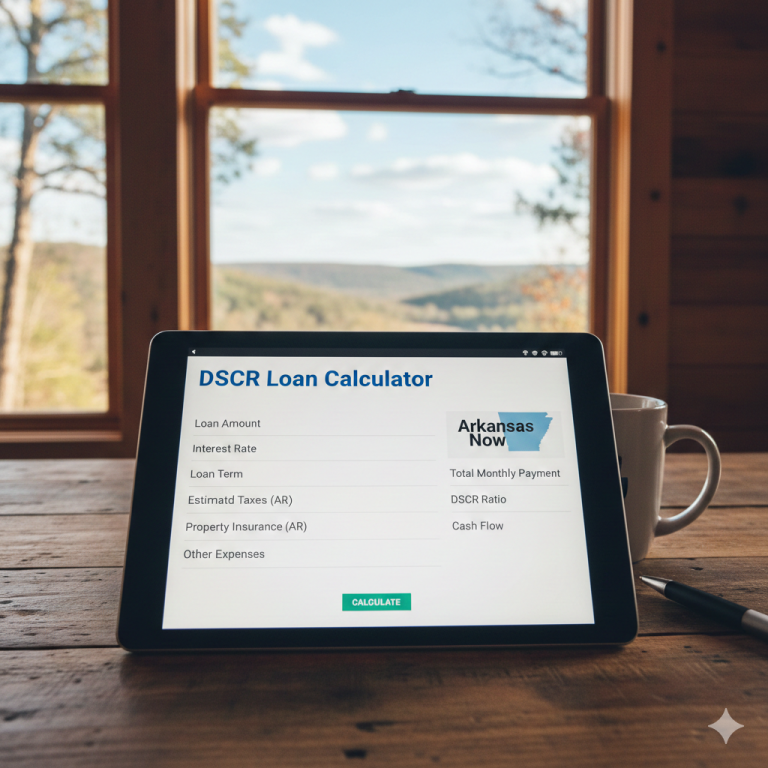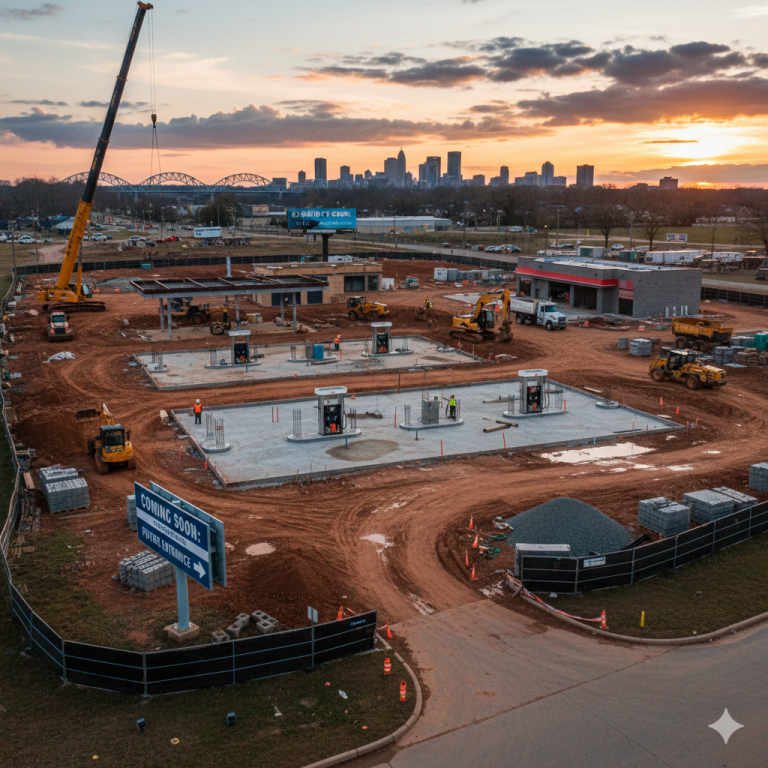SBA loan rates 2026 in Arkansas Now
Understanding SBA Loan Rates in 2026: A Guide for Arkansas Business Owners In the heart of Little Rock, Sarah, a passionate entrepreneur,…
Read more →DSCR loans for real estate investors. SBA financing for business owners. Construction and commercial loans for growth-minded borrowers. Clear options. Fast next steps. Real guidance.
Answer a few quick questions and we’ll route you to the best financing path — DSCR, SBA, Construction, or Commercial.
Apply NowChoose the strategy that fits your property, business, and timeline.
GHC Funding helps real estate investors and business owners compare financing options with clarity and speed. We focus on matching the right loan structure to your goals, timeline, and numbers — so you can move forward confidently.
A clean process from “what are my options?” to clear next steps.
Property, business, timeline — quick and straightforward.
DSCR vs SBA vs Construction vs Commercial — we route you correctly.
Clear checklist, next steps, and expectations.
Start with a short application and we’ll guide you to the right financing path.
Practical guides for investors and business owners.
Understanding SBA Loan Rates in 2026: A Guide for Arkansas Business Owners In the heart of Little Rock, Sarah, a passionate entrepreneur,…
Read more →
Unlocking Real Estate Opportunities: Best DSCR Lenders for Investors in Arkansas Meet John, a seasoned real estate investor based in Little Rock,…
Read more →
Understanding Construction Loan Interest Rates in Arkansas: A Guide for Business Owners When John, a small business owner in Little Rock, decided…
Read more →
SBA 7(a) vs 504 Loans: Choosing the Right Path for Your Arkansas Business John, a small business owner in Little Rock, found…
Read more →
Unlocking Financial Opportunities: Understanding the DSCR Loan Calculator with Taxes and Insurance in Arkansas John, a small business owner in Little Rock,…
Read more →
Unlocking Opportunities: How to Get a Construction to Permanent Loan in Arkansas For Lisa, a business owner in Little Rock, Arkansas, expanding…
Read more →